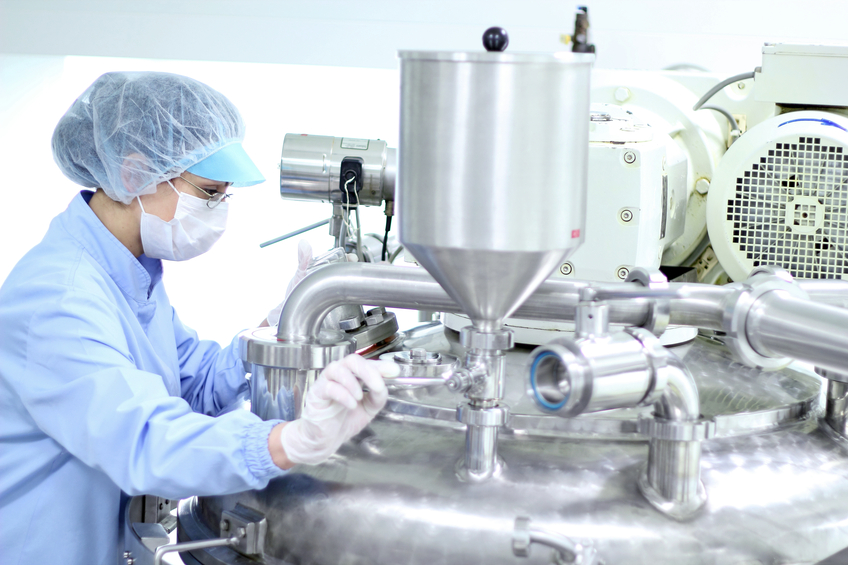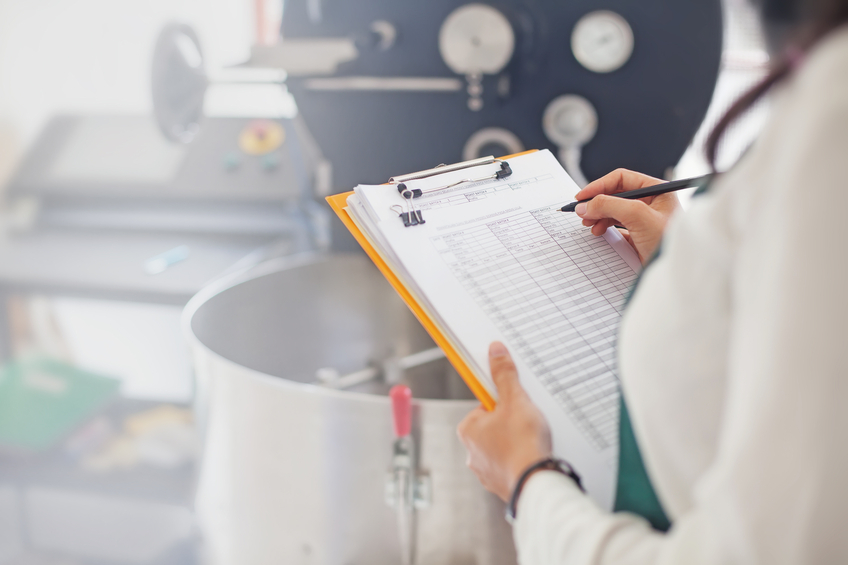
Pharmaceutical sciences are changing as new production methods are created
Ever since modern drug manufacturing began, pharmaceuticals have been manufactured using the same technique, a simple batch method. A batch method entails using large containers or vats where batches of pharmaceuticals are produced one at a time. However, a team of researchers has recently come together with the hopes of creating a new manufacturing technique that will increase production and lower the costs of making the drugs: continuous processing. This new method of manufacturing pharmaceuticals may prove to be industry changing for all those currently working in pharmaceuticals, and those hoping to pursue careers in the field.
Read on to discover how this new manufacturing system operates and what it could mean for the future of the pharmaceutical industry and pharmaceutical education—whether it is research development, regulatory affairs, or quality assurance.
Researchers Recommend Using Continuous Processing Methods
Having traditionally used the batch method to manufacture pharmaceuticals, an international team headed by A*STAR researchers has investigated and recommended that large manufacturers switch to using a different way to manufacture drugs, specifically, a continuous method. Continuous processing means production is treated like a flow and all of the stages of chemical reactions happen at the same time.
Pharmaceutical Training and Techniques Will Adapt
Researchers at MIT-Novartis Center for Continuous Manufacturing have been working on the development of a prototype that uses continuous manufacturing. This machine is being built to show how the process works and that it is in fact possible. The prototype is able to produce several different types of drugs using the continuous method.
Pharmaceutical students will learn that the major difference between continuous and batch production is that using a continuous method, the materials flow through tubes and are not put in one large vat or container. If drugs require multiple steps, materials can be added along the way at different points of the production process. For example, if certain chemical reactions need to occur in order to create the drug, but the ingredients needed to cause such reactions cannot be added initially, they can be added further down the line. Once you’ve completed your pharmaceutical training you will gain knowledge of the different chemical reactions that take place during the production cycles.
There are Many Benefits for the Pharmaceutical Sciences Industry
It is believed this method of processing, if feasible, will bring positive impact to pharmaceutical companies. There are several key benefits that continuous processing could potentially bring.
Firstly, drug companies can have an increased number of small factories that are spread out across different continents, allowing them more efficient supply chains, and likely increasing job opportunities for those looking to work for such companies. Secondly, continuous methods of production tend to increase quality control. Because of the ongoing nature of the process, it forces companies to adapt a continuous method of quality assessment. In the traditional method, some chemical reactions were too hot to be carried out in a vat. Continuous processing allows scientists to experiment safely.
Luckily, the grant that MIT has been using to develop their prototype and conduct research has been renewed for another five-year term. This will give scientists and up-and-coming pharmaceutical professionals even more time to perfect the prototype and to identify benefits of continuous production.
During your career in pharmaceuticals, you will experience the impact of a changing industry. Quality of drugs will improve, new drugs will be introduced that you will learn how to test and regulate, and there will be more to research and understand. With the expertise of pharmaceutical professionals and doctors to guide you through a variety of courses, your education at pharmaceutical school will prepare you for all these exciting developments.

Pharmaceutical schools prepare students for the industry
Interested in learning more about the pharmaceutical sciences?
Visit AAPS to speak with one of our friendly advisors!



